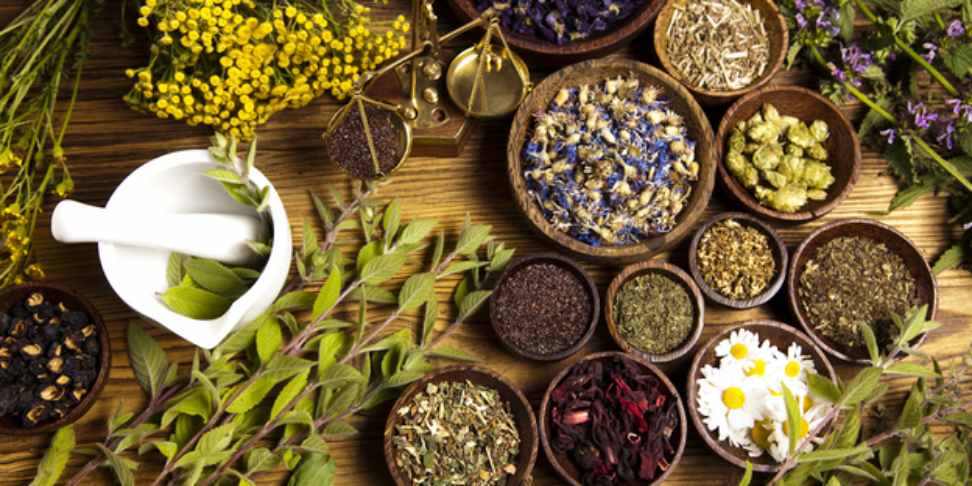Alphaexch247, Kabook Login, VL Book: Herbal medicine, also known as botanical medicine or phytotherapy, involves the use of plants and plant extracts to promote health and treat various illnesses. This traditional practice dates back centuries and is rooted in the belief that nature provides powerful remedies for a multitude of health issues. Herbal medicine encompasses a wide range of practices and systems from different cultures around the world, including Traditional Chinese Medicine, Ayurveda, and Western herbalism.
Plants have been utilized for their therapeutic properties throughout history, with ancient civilizations recognizing and harnessing the medicinal benefits of herbs. Herbal medicine continues to be valued today for its natural and holistic approach to healing, focusing on supporting the body’s innate ability to heal itself. With a growing interest in alternative and complementary therapies, herbal medicine is experiencing a resurgence in popularity as people seek out gentle and effective remedies for ailments.
History of Herbal Medicine
Herbal medicine dates back thousands of years, with ancient civilizations like the Egyptians, Greeks, and Chinese documenting the use of herbs for medicinal purposes. These early healers relied on the natural world to treat a wide array of ailments, harnessing the power of plants to alleviate symptoms and promote overall health. Herbal remedies were often passed down through generations, forming the basis of traditional healing practices that continue to be utilized today.
Across different cultures and regions, herbs played a crucial role in the development of medical practices. In India, Ayurvedic medicine integrated herbs with spiritual beliefs to create a holistic approach to healing. Meanwhile, European herbalists refined their knowledge of plants through trial and error, eventually establishing herbalism as a respected field of study. The historical use of herbal medicine reflects humanity’s deep connection to nature and the recognition of plants’ therapeutic properties in maintaining well-being.
� Herbal medicine dates back thousands of years
� Ancient civilizations like Egyptians, Greeks, and Chinese used herbs for medicinal purposes
� Early healers relied on the natural world to treat ailments
� Herbal remedies were passed down through generations
� Herbs played a crucial role in the development of medical practices across cultures
In India, Ayurvedic medicine integrated herbs with spiritual beliefs for holistic healing. European herbalists refined their knowledge through trial and error, establishing herbalism as a respected field of study. The historical use of herbal medicine showcases humanity’s deep connection to nature and recognition of plants’ therapeutic properties in maintaining well-being.
Benefits of Herbal Remedies
Tigerexch247, GX247, Mglionbet: Herbal remedies are known for their natural ingredients that provide a gentle yet effective approach to healing various health conditions. Many herbs possess powerful anti-inflammatory properties that can help reduce pain and swelling in the body. For example, turmeric is often used to alleviate symptoms of arthritis and other inflammatory diseases due to its active compound, curcumin.
Additionally, herbal remedies are often rich in antioxidants, which play a crucial role in protecting the body against oxidative stress and damage caused by free radicals. Herbs like green tea and ginkgo biloba are popular choices for their antioxidant properties that help promote overall health and well-being. By incorporating these herbs into our daily routines, we can support our body’s natural defense mechanisms and boost our immune system.
What is herbal medicine?
Herbal medicine, also known as herbalism or botanical medicine, is the use of plants for their therapeutic or medicinal properties.
What is the history of herbal medicine?
Herbal medicine has been used for thousands of years by different cultures around the world. It dates back to ancient civilizations like the Egyptians, Greeks, and Chinese.
What are some benefits of herbal remedies?
Herbal remedies have various benefits, such as being natural, having fewer side effects, being more affordable, and often being more gentle on the body compared to pharmaceutical drugs. They can also be used for a wide range of health issues.
Are herbal remedies safe to use?
When used correctly and in appropriate doses, herbal remedies are generally safe. However, it is important to consult with a healthcare provider or herbalist before starting any herbal treatment, especially if you are pregnant, breastfeeding, or have any health conditions.
Can herbal remedies be used in conjunction with conventional medicine?
Yes, herbal remedies can often be used in conjunction with conventional medicine. However, it is important to inform your healthcare provider about any herbal remedies you are taking to avoid any potential interactions with prescription medications.
Have A Look :-
- How Many Jobs Are Available in Basic Industries?
- How Many Jobs Are Available In Commercial Banks?
- Best Paying Jobs In Investment Bankers/Brokers/Service?

